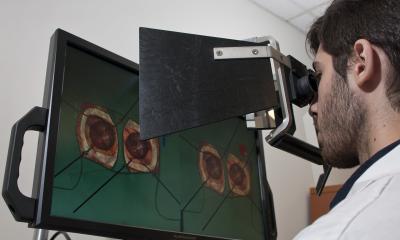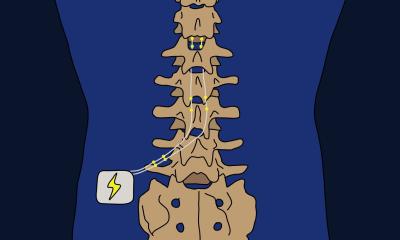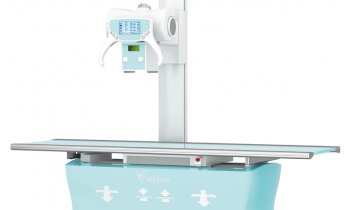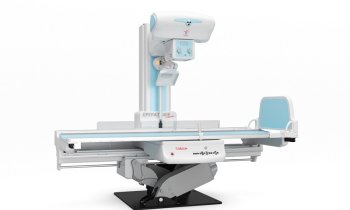OPINION
A qualification in intensive care is essential
Across Europe there are different answers to the question of who should manage intensive care. In Germany the issue is linked to a discussion on which medical field could claim surgical intensive care for itself.
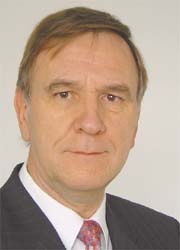
There is general agreement that, along with increasing general medical specialisation, intensive care calls for a particular qualification and doctors’ training. However, the prerequisite for this concept is scientific training for doctors, adequate training for ICU staff, an adequate supply of equipment and individual motivation. Undoubtedly, personal and institutional experience improves the prognosis for intensive care patients significantly. Qualification of a treatment team (doctors, nurses) is essential.
Patients spend significantly less time in an ICU and show significantly less morbidity when specially trained ICU medics are in charge. Such specialist treatment also reduces mortality in the ICU and across the hospital. In a prospective, multicentre observation study, carried out over a four-month period on 89 ICUs in twelve European countries, involving case histories of 12,000+ patients, a connection was also shown between patients’ outcomes and the skill of the ICU team.
Specialised ICU medics tend to find work in university hospitals and large community hospitals, where they also play a central role in cost monitoring. As ICUs are among the most expensive hospital departments, the specialist intensivist is predestined for a leading role in cost cutting, and has various administrative responsibilities.
Clearly it is logical that critically ill patients need specialist ICU teams. But how far should that specialisation go? The Union Européenne des Médecins Spécialistes (UEMS) definition is: Intensive care medicine joins doctors, nursing staff along with all those working in non-medical areas, into a coordinated treatment team for patients with life-threatening single or multiple organ failure, who need to be stabilised after major surgical intervention.
However, the UEMS emphasises that intensive care medicine (ICM) is still not a separate specialty, but is integrated with different medical fields. In its Common Cor Curriculum, the UEMS has divided the training content for ICM into six main subjects, with 15 subheadings and 56 individual topics - almost all of also named in the German regulations on further training for trainee anaesthesiologists. That is why operative intensive medicine is very interlinked and has a thematic interface with anaesthesiology unlike any other medical discipline.
These recently modified German regulations have led to significant changes in ICM. An additional ICM qualification for key fields, e.g. anaesthetics, surgery, internal medicine, paediatrics, neurosurgery and neurology, is currently being discussed and, if implemented, will require 24 months training, during which ICM must be practised actively. There is now a much closer link between competency in ICM and the core, specialist medical discipline. The catalogue of requirements for an additional ICM qualification comprises a general and a specific part, linked very closely to the original medical discipline. Unfortunately, attractive, leading positions in ICM are lacking, so it is not surprising that highly motivated young colleagues often do not choose to use their scientific ICM expertise but wherever else they feel their professional advancement is likely to be greater.
Disciplines that claim ICM for themselves, particularly in universities, are only believable when they can demonstrate and back up their scientific reputations. They must prove they can make a contribution - through scientific and economic achievements - to the development of this increasingly important medical field. For anaesthesiology, in Germany at least, this has been proven: the percentage of publications by German anaesthesiologists in the journals Critical Care Medicine and Intensive Care Medicine was 60% respectively in the years 1992–97.
12.05.2006



